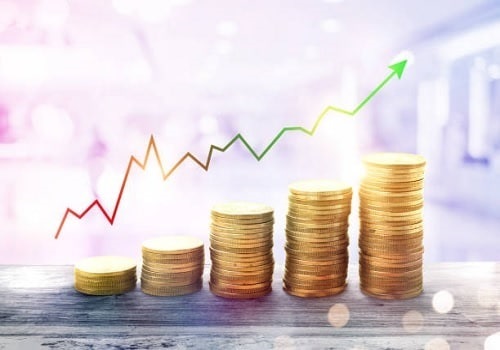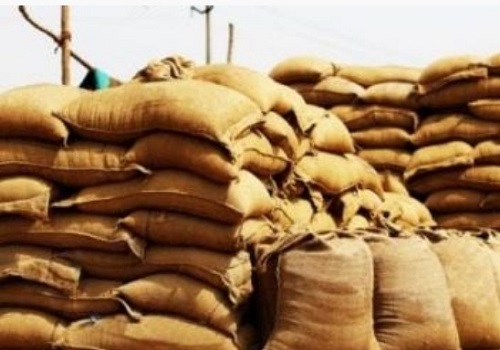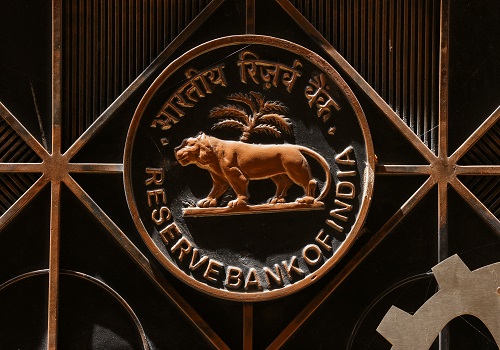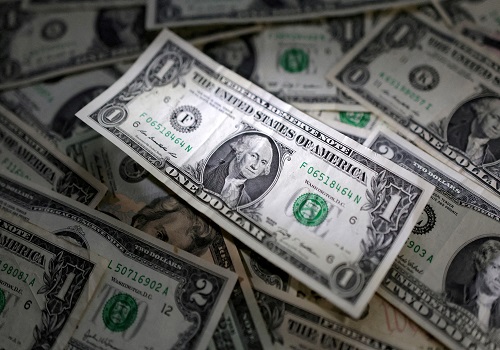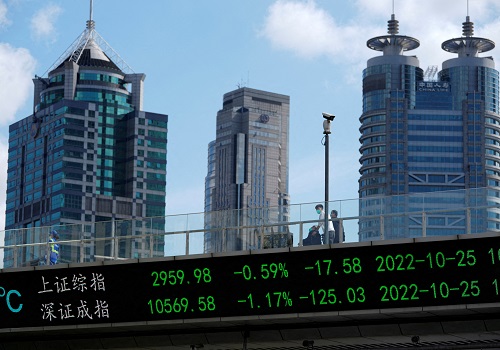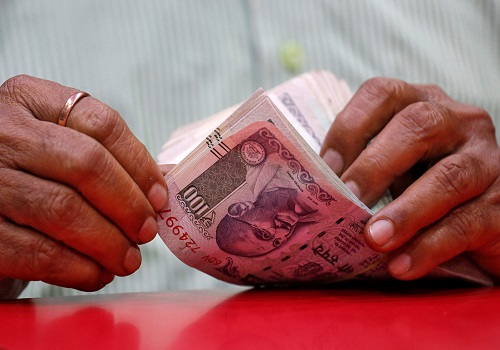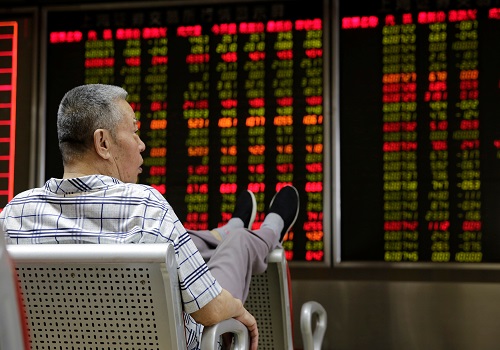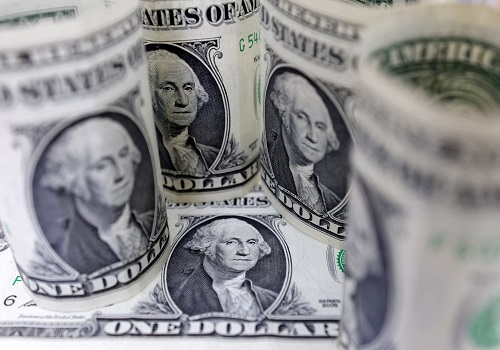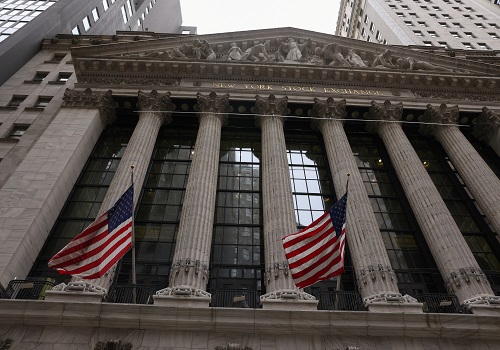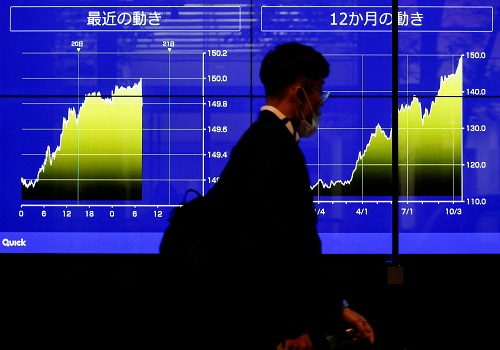Stocks dip as growth fears offset China COVID shift
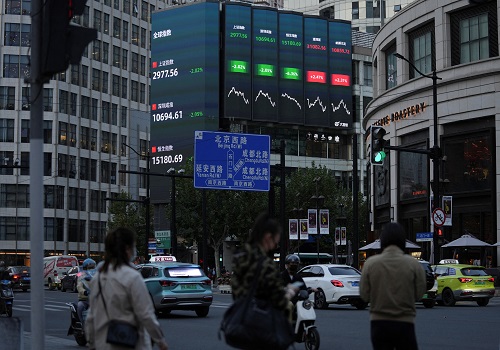
Follow us Now on Telegram ! Get daily 10 - 12 important updates on Business, Finance and Investment. Join our Telegram Channel
World stocks eased on Wednesday and bonds remained supported after a chorus of Wall Street bankers warned about a likely recession ahead, tempering optimism about China's major shift in its tough zero-COVID policy.
Top executives at Goldman Sachs, J.P. Morgan and Bank of America all sounded downbeat in remarks on Tuesday about the economic outlook, hurting risk appetite globally and triggering fresh recession signal from bond markets.
"Yields have accentuated the downward trend, which is somewhat of a novelty. In previous phases of risk aversion bonds tended to fall along with stocks, precisely because the risk-off mood was driven by fears over inflation and monetary policy," said Giuseppe Sersale, fund manager at Anthilia in Milan.
"Now, concerns over economic growth seem to be overtaking those over inflation," he added.
The darkening economic outlook initially drove safe-haven demand for the U.S. dollar and longer-dated bonds but these moves partially reversed by early afternoon in Europe. Oil was choppy after hitting new 2022 lows and gold prices picked up.
"Economic growth is slowing," said Goldman Sachs CEO David Solomon. "When I talk to our clients, they sound extremely cautious."
Weaker European equity markets put the pan-regional STOXX 600 index on course for its fourth straight session of losses, down 0.7% by 1313 GMT. MSCI's broadest index of Asia-Pacific shares outside Japan fell 1.5%.
That sent the MSCI's benchmark for global stocks down 0.3%. S&P 500 futures were 0.6% lower after losses on Tuesday and the volatility index rose to its highest since Nov. 21.
China's national health authority said on Wednesday that asymptomatic COVID-19 cases and those with mild symptoms can self-treat while in quarantine at home.
While some of the changes announced echoed similar easing moves made by other countries many months ago, the announcement was the strongest sign so far that China is preparing its people to live with the disease after nearly three years of crippling restrictions that have battered the economy.
Market reaction, however, was negative as the focus shifts to how well China can execute its policy shift, especially if new cases surge over winter. Analysts say the path to fully reopening the economy will be long and not without risk.
The Shanghai Composite Index fell 0.4%, Hong Kong's Hang Seng slumped 3.2% and the yuan firmed 0.3% to 6.9768 per dollar.
"This 'refining' of the zero-Covid strategy can be seen as a cautious and very gradual approach towards a new way of dealing with the virus," said Stefan Koopman, Senior Macro Strategist at Rabobank in Amsterdam.
"Having said that, we still expect that Covid will continue to force cities into intermittent lockdowns for at least until the next plenary session of parliament in March and possibly for the whole of 2023," he added.
Adding to the darkening demand outlook globally, China earlier in the day reported grim trade data for November, with both imports and exports suffering their biggest monthly falls since 2020 - auguring badly for recovery prospects.
India on Wednesday was the latest central bank to start slowing the pace of rate increases, with a hike of its key lending rate by 35 basis points to 6.25%, smaller than the three 50 bp hikes it delivered previously. Canada is the next cab off the rank with a rates decision expected at 1500 GMT.
The yield on benchmark 10-year U.S. Treasuries added 2.5 basis points (bps) to 3.5404% after falling 8.6 basis points on Tuesday. The yield spread against two-year Treasuries narrowed to 80 bps after falling to near record lows on Tuesday, in a move seen signalling recession ahead.
In commodities, oil edged higher after Brent crude earlier fell close to its lowest in 2022, as hopes of higher Chinese demand offset concern about recession. Brent crude gained 0.7% to 79.89 a barrel, after sliding below $80 for the second time in 2022 during the previous trading session.
In foreign exchange markets, the U.S. dollar reversed initial gains, as traders weighed up an uncertain economic outlook. The dollar remains more than 8% below the year's highs, knocked by expectations over a slowdown in U.S. rate hikes.
The U.S. dollar index fell 0.35% to 105.18 after hitting earlier in the session a near one-week high, trending closer to the June 2022 low of 104.10 hit on Monday.
The euro was last up 0.5% at $1.0525 in Europe on Wednesday and sterling also gained against the dollar by 0.4% at $1.218, after falling 0.4% overnight.
The Canadian dollar was steady at 1.365 per dollar ahead of an expected rate hike from the Bank of Canada later on Wednesday.
Spot gold rose 0.4% to $1,778 an ounce and bitcoin fell 1.3% to below the $17,000 mark with cryptocurrency sentiment fragile as the fallout from the collapse of FTX ripples through the sector.








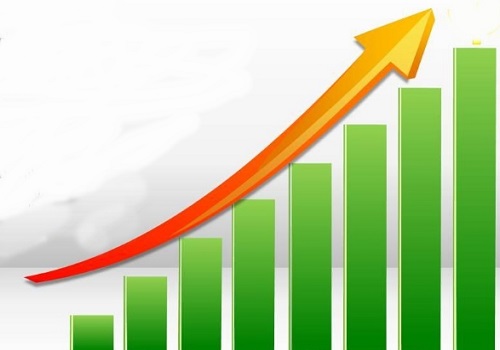



 320-x-100_uti_gold.jpg" alt="Advertisement">
320-x-100_uti_gold.jpg" alt="Advertisement">



